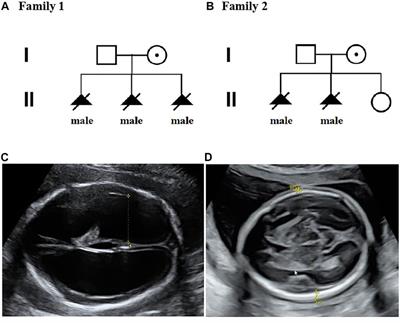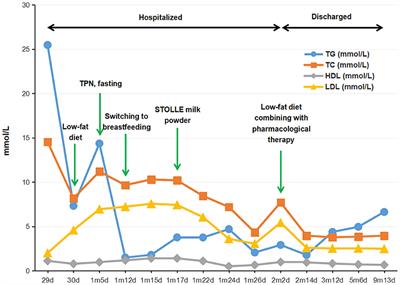EDITORIAL
Published on 12 Nov 2022
Editorial: NGS technologies of rare diseases diagnosis
doi 10.3389/fped.2022.1032359
- 1,166 views
- 1 citation
25k
Total downloads
95k
Total views and downloads
EDITORIAL
Published on 12 Nov 2022
ORIGINAL RESEARCH
Published on 19 Jul 2022

ORIGINAL RESEARCH
Published on 01 Jul 2022

ORIGINAL RESEARCH
Published on 06 Jun 2022

CASE REPORT
Published on 29 Apr 2022

CASE REPORT
Published on 13 Apr 2022

CASE REPORT
Published on 08 Apr 2022

CASE REPORT
Published on 29 Mar 2022

CASE REPORT
Published on 17 Mar 2022

CASE REPORT
Published on 10 Mar 2022

CASE REPORT
Published on 03 Mar 2022

CASE REPORT
Published on 22 Feb 2022

